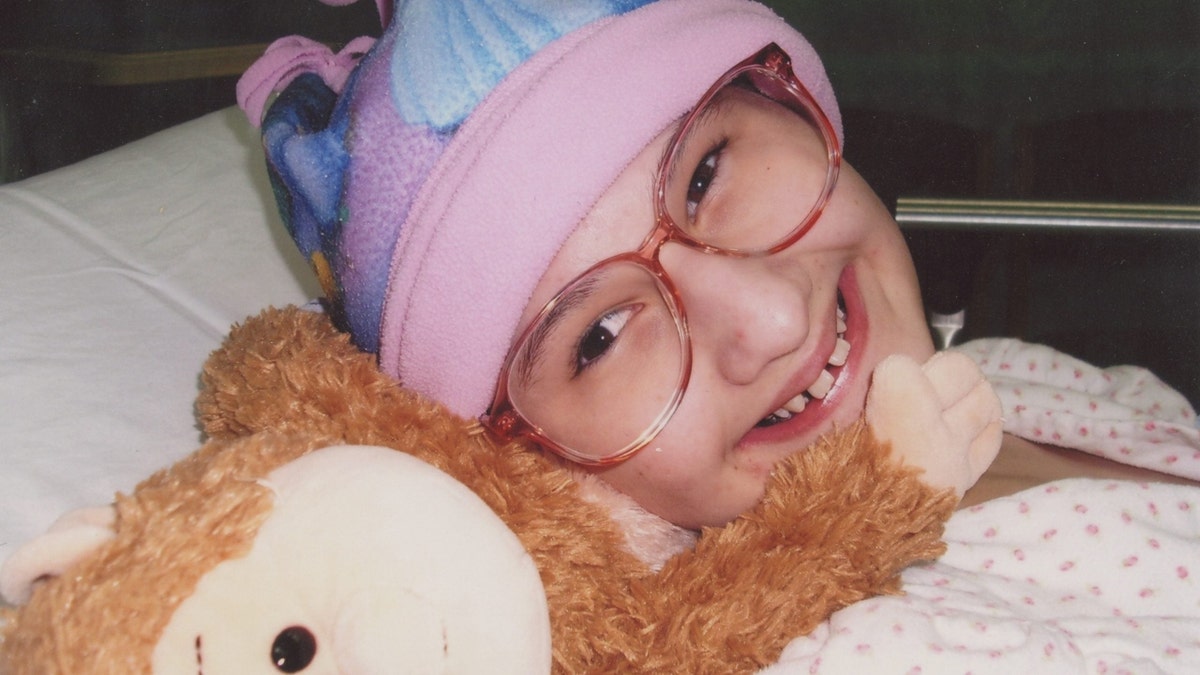Gypsy Rose's mom, DeAnne Blanchard, became the center of a harrowing real-life story that captivated audiences worldwide. Her case is deeply intertwined with a rare psychological disorder that shocked many. In this article, we'll delve into the medical and psychological aspects surrounding her condition, offering insights into the complexities of her actions and the disorder that influenced her life.
Gypsy Rose's mom's story gained widespread attention when the Netflix docuseries "The Act" shed light on her manipulative and abusive behavior. The narrative revolves around her deliberate misdiagnosis of her daughter, Gypsy Rose Blanchard, which was rooted in her mental health struggles.
This article explores the disorder DeAnne Blanchard suffered from, its symptoms, effects, and the broader implications of such conditions. By understanding her psychological condition, we aim to shed light on the importance of mental health awareness and the need for proper diagnosis and treatment.
Read also:Casting Acotar Unveiling The Magical Ensemble Behind The Scenes
Table of Contents
- Biography of Gypsy Rose's Mom
- What is Munchausen Syndrome by Proxy?
- Symptoms of Munchausen Syndrome by Proxy
- Causes and Risk Factors
- Diagnosis of the Disorder
- Impact on Victims and Families
- Treatment Options for the Disorder
- Legal Implications and Cases
- Raising Awareness About the Disorder
- Conclusion
Biography of Gypsy Rose's Mom
Data and Facts About DeAnne Blanchard
DeAnne Blanchard, born in 1968, was the mother of Gypsy Rose Blanchard, whose life story gained international notoriety. Below is a summary of her personal details:
| Full Name | DeAnne Blanchard |
|---|---|
| Date of Birth | March 15, 1968 |
| Place of Birth | United States |
| Occupation | Housewife |
| Notable Events | Convicted of Munchausen Syndrome by Proxy |
DeAnne's life took a dark turn when she was accused of fabricating her daughter's illnesses, leading to a series of tragic events that ultimately unraveled her web of deception.
What is Munchausen Syndrome by Proxy?
Munchausen Syndrome by Proxy (MSBP) is a rare and severe mental health disorder where a caregiver, typically a parent, fabricates or induces illnesses in a dependent individual, often a child. This condition is classified as a form of child abuse, as it puts the victim's health and life at significant risk.
Defining MSBP
This disorder is characterized by the deliberate falsification of medical symptoms by the caregiver. The individual suffering from MSBP often goes to extreme lengths to convince medical professionals and others that the victim is seriously ill. This can include falsifying test results, tampering with medical equipment, or even causing harm to the victim.
Symptoms of Munchausen Syndrome by Proxy
Identifying MSBP can be challenging, as the symptoms often mimic legitimate medical conditions. Below are some key signs:
- Unexplained or inconsistent medical symptoms in the victim
- Frequent hospital visits without clear diagnoses
- Caregiver who appears overly knowledgeable about medical conditions
- Victim's symptoms improve in the absence of the caregiver
- Caregiver resists second opinions or transfers care to different facilities
These symptoms highlight the manipulative nature of the disorder and the potential dangers it poses to the victim.
Read also:Adam Sandler Politics A Comprehensive Look At His Involvement In Political Issues
Causes and Risk Factors
The exact cause of MSBP is not fully understood, but several factors may contribute to its development:
- History of personal trauma or abuse
- Unresolved psychological issues
- Desire for attention and validation from medical professionals
- Feelings of inadequacy or low self-esteem
Understanding these risk factors is crucial for early intervention and prevention of the disorder.
Diagnosis of the Disorder
Diagnosing MSBP requires a multidisciplinary approach involving medical professionals, mental health experts, and sometimes law enforcement. Key steps in the diagnosis process include:
- Thorough review of medical records
- Observation of the caregiver's behavior
- Consultation with child protection services
- Psychological evaluation of the caregiver
Early detection and intervention are critical to protecting the victim and addressing the caregiver's mental health needs.
Impact on Victims and Families
The consequences of MSBP can be devastating for both the victim and the family. Victims often suffer from physical harm, emotional trauma, and developmental delays due to unnecessary medical procedures. Families may also experience breakdowns and long-lasting psychological effects.
Emotional and Psychological Effects
Victims of MSBP often struggle with trust issues, anxiety, and depression later in life. Families may face social stigma and legal challenges, further complicating their recovery process.
Treatment Options for the Disorder
Treating MSBP involves a combination of therapeutic interventions and legal measures:
- Psychotherapy for the caregiver to address underlying issues
- Family therapy to rebuild trust and relationships
- Legal action to protect the victim and hold the caregiver accountable
Successful treatment requires a coordinated effort from mental health professionals, social workers, and legal authorities.
Legal Implications and Cases
MSBP cases often lead to legal proceedings, as the disorder constitutes a form of child abuse. DeAnne Blanchard's case is one of the most high-profile examples, where she was convicted of her crimes and sentenced to life in prison.
Notable Cases
Other notable cases include:
- Susan Smith, who fabricated illnesses for her children
- Raymond Fernandez, a caregiver involved in MSBP-related crimes
These cases underscore the seriousness of the disorder and the need for stringent legal measures to protect victims.
Raising Awareness About the Disorder
Increasing public awareness about MSBP is essential for early detection and prevention. Educational campaigns, support groups, and resources for families can play a vital role in addressing this complex issue.
Resources for Families
Organizations such as the National Society for the Prevention of Cruelty to Children (NSPCC) and the American Psychological Association (APA) offer valuable resources for families affected by MSBP.
Conclusion
In conclusion, Gypsy Rose's mom, DeAnne Blanchard, suffered from Munchausen Syndrome by Proxy, a severe and complex mental health disorder. Understanding the symptoms, causes, and impacts of this condition is crucial for protecting victims and addressing the needs of those affected.
We encourage readers to share this article, engage in discussions about mental health awareness, and seek professional help if they suspect a case of MSBP. Together, we can work towards a safer and more informed society.
For further reading, explore related topics such as child abuse prevention and mental health advocacy. Your support can make a difference in raising awareness and promoting healing for affected families.

:max_bytes(150000):strip_icc():focal(959x0:961x2)/mommy-dead-1-db964929056e458883bde3411dd74dbe.jpg)
